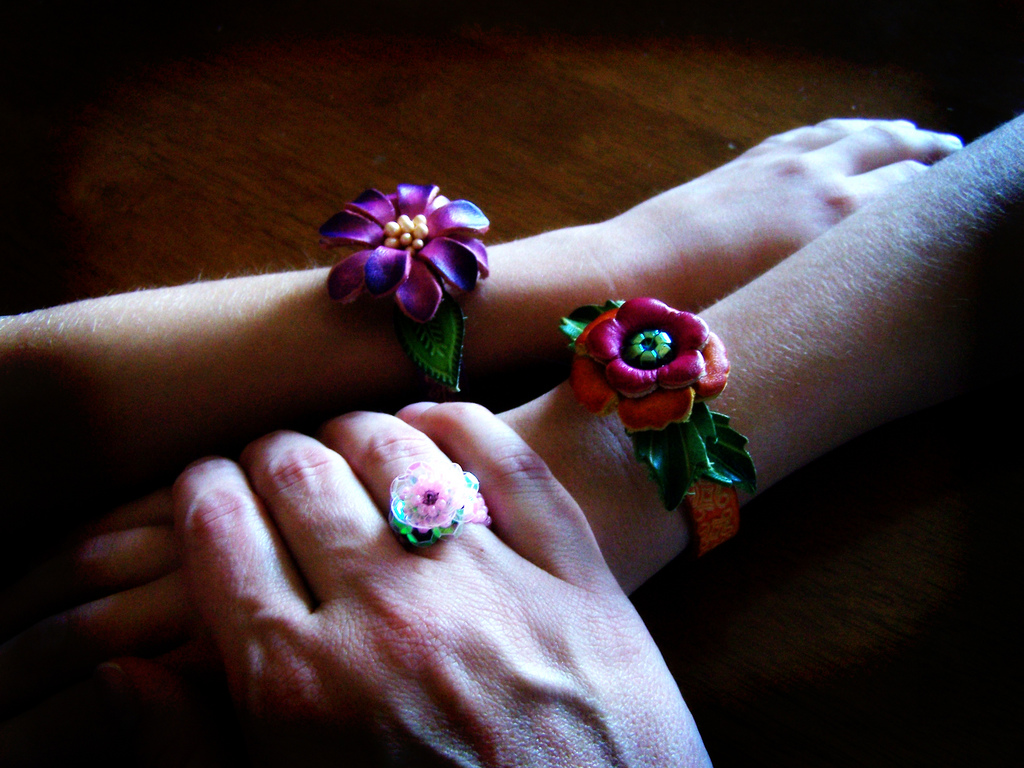
Forgiveness Means Taking a Wrecking Ball to the Hard Crusts We Build Around Our Hearts
The first question I typically field is whether the story is autobiographical. Did I grow up in an Orthodox community? Yes, when I was very young, but the community featured in this book is entirely made up. Do Barbara’s relationships with her mother and daughter mirror mine? Definitively no. Extricating myself from the story enables the conversation to flower, and the details of Barbara’s life serve as rich soil to discuss the broader themes and ideas attached to the book.
On the theme of forgiveness, thorny and timely forgiveness issues come up at readings. One reader admitted that she’d hesitated before reading the book because she wasn’t ready to forgive her mother for a fairly severe abandonment. A book clubber brought up the tragedy in Charleston, specifically how the parents of the victims forgave Dylann Roof so quickly. This launched into a meaty discussion about the Jewish versus Christian thinking about forgiveness and an ensuing emailing of articles, including a stunning New York Times piece “Why I Can’t Forgive Dylann Roof” by Roxanne Gay.
Jews, Christians, and members of interfaith couples have compared Barbara’s spiritual journey to their own experiences. The bitter crust encasing stories about feeling judged by clergy or zealous family members hurts my heart. Yet for every one of these tales I’ve heard another about the creativity and rigor in which readers have found their way to a warm and welcoming church or synagogue, be it Chabad or Reform.
I’m moved when members of burial societies offer thanks for my having portrayed this act of chesed (loving-kindness) with reverence. In keeping with the anonymity of the mitzvah, however, they desire no personal recognition for their deeds. A surprising number of daughters and sons, Jews and non-Jews, have told me about witnessing their parents’ last breaths and helping wash and shroud them. One elderly woman wished that she’d had the chance to do so, because, she says, she still carries around the pain and shock of her mother’s sudden and early passing.
Ultimately, though, Washing the Dead is not a book about death. It’s book about the healing that comes from unraveling painful family secrets and in turn discovering a larger context for the bad behavior of the people we love. It’s about taking a wrecking ball to the walls we build around our hearts. Friends who have fallen away — through distance or discord — have turned up at readings and signing lines. I am only halfway through this whirlwind of book activity, but when it is over, I will unpack their reappearances in my life and the exchanges I’ve shared and will share with strangers, friends, family members, mentors, and students. And then I will return to my office on a more regular basis, slip on my pajamas, brew a pot of tea, and try my hardest to do it again.



